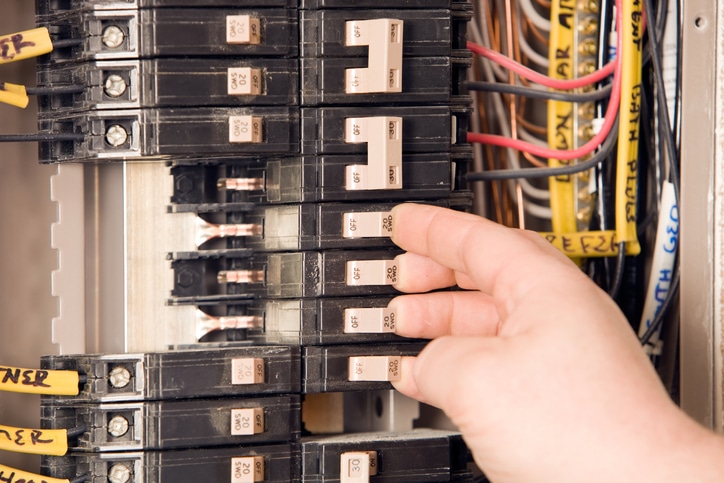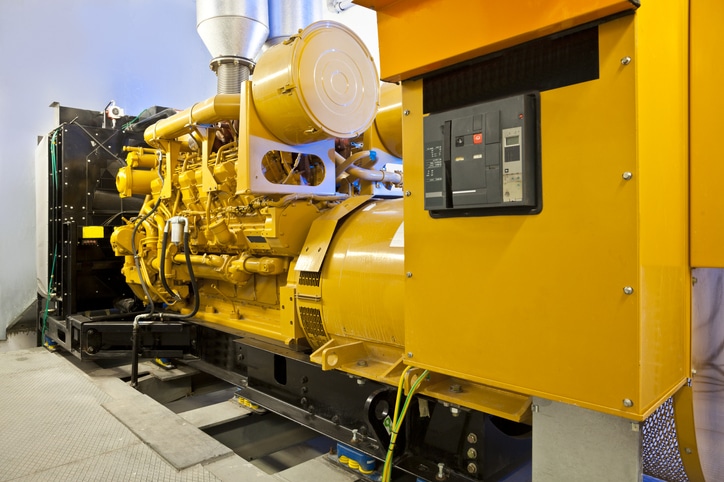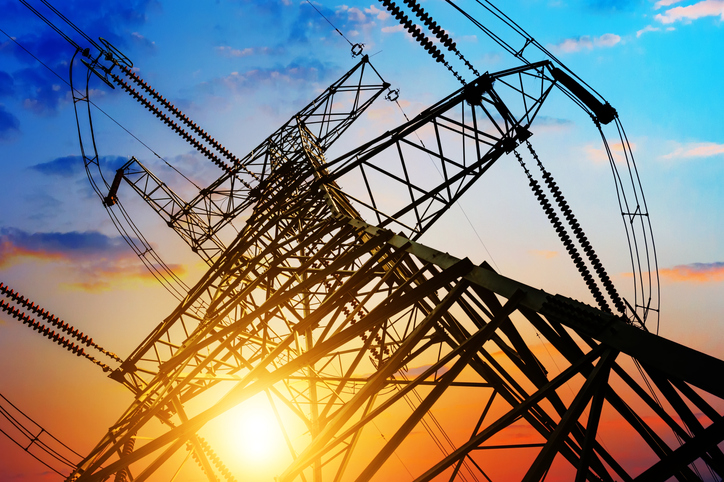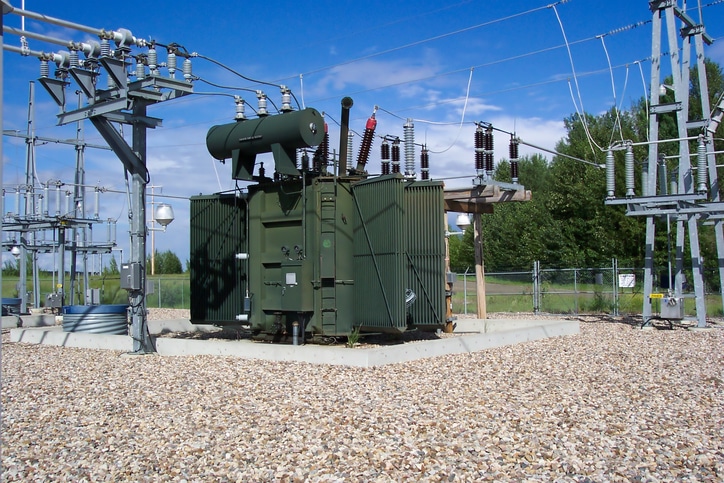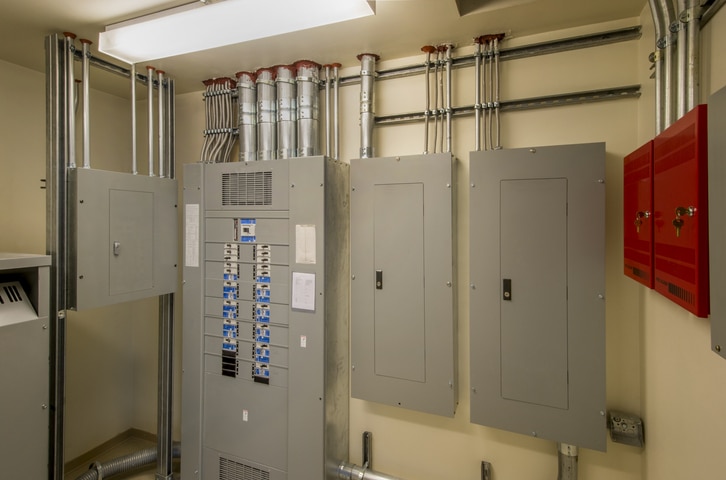
Large scale projects such as hospital construction and expansions, university department buildings, commercial or residential skyscrapers, manufacturing facilities, industrial facilities, and a variety of other large-scale projects deal with a lot of complexities. And in order to make sure everything is completed in time, General Contractors (GC) rely heavily on electrical subcontractors.

